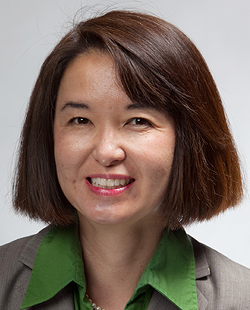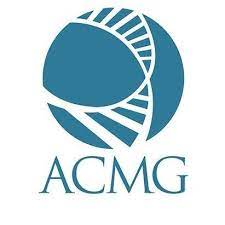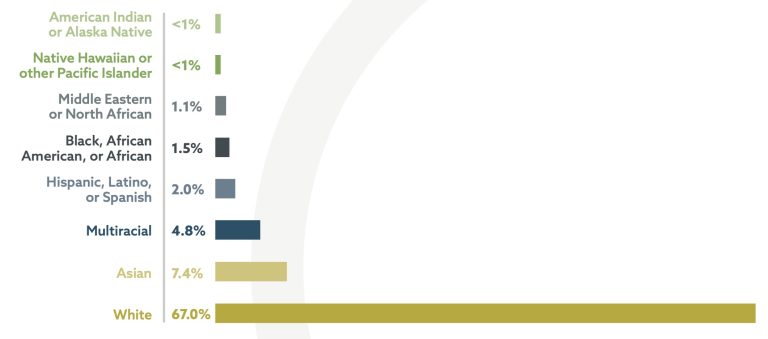

Examining genetics and genomics workforce diversity
Building a diverse workforce is increasingly a primary concern of the genetics and genomics enterprises. The present lack of diversity in the workforce impacts scientific innovation, global competitiveness, and the ability to deliver new insights into human disease and health.
Dr. Fuki Hisama, professor (Medical Genetics) participated on the American College of Medical Genetics and Genomics (ACMG) Workforce Diversity Initiative Advisory Group, that assessed diversity in the medical genetics workforce.
The ACMG joined major genetics and genomics organizations in releasing the Human Genetics & Genomics Workforce Survey Report.

This report is the first-of-its-kind study that provides the current comprehensive baseline data describing the demographic composition of the human genetics and genomics workforce in training programs and the workplace, based on a fielded survey of individuals identified from an alliance of professional genetics and genomics membership associations.
The study concluded that the genetics and genomics workforce is insufficiently diverse, lacking equitable participation of underrepresented communities based on race and ethnicity, gender, disability, and economic background.
“A diverse genetics workforce is key to realizing the benefits of medical genetics for everyone,” she said. “This survey is a major milestone toward advancing the ACMG mission and the key findings will help identify opportunities to improve recruitment, training and retention efforts.”